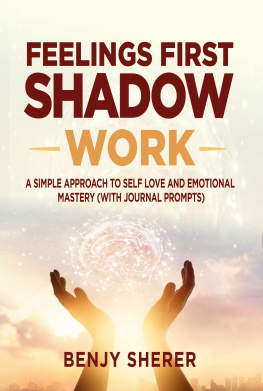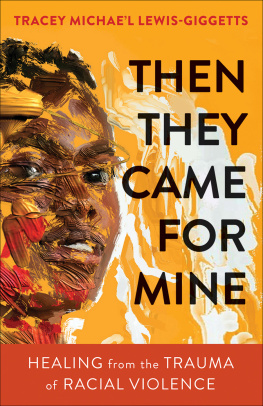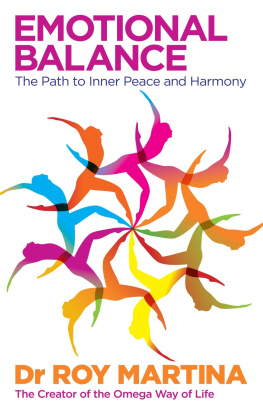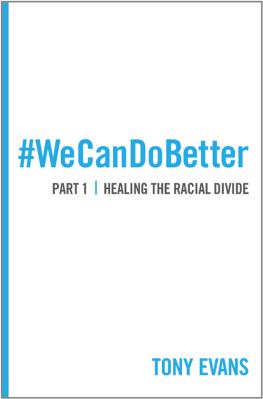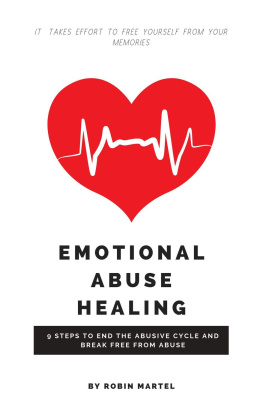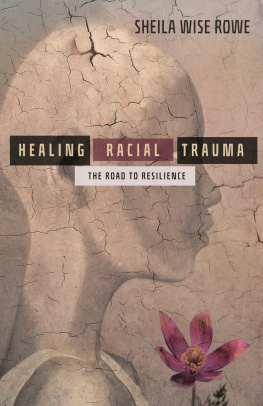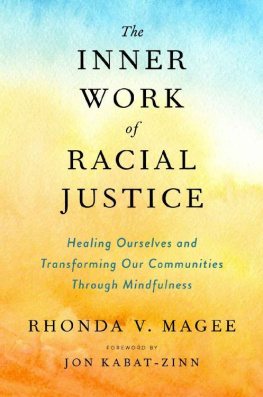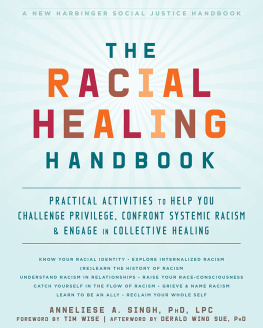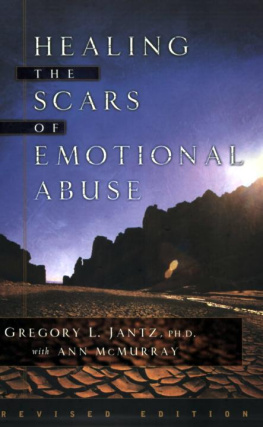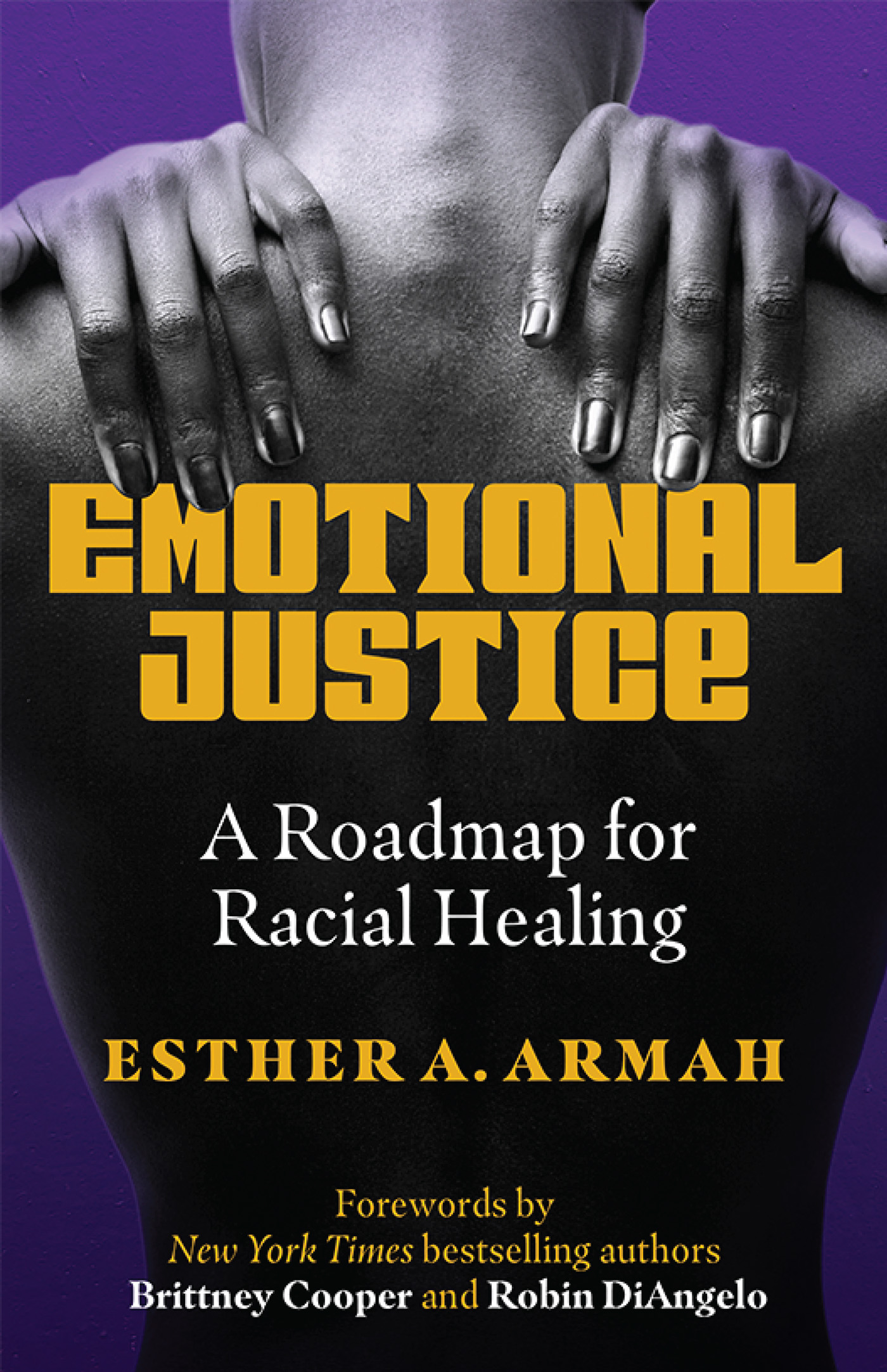EMOTIONAL JUSTICE
EMOTIONAL JUSTICE

A Roadmap for Racial Healing
Esther A. Armah

Emotional Justice
Copyright 2022 by Esther A. Armah
All rights reserved. No part of this publication may be reproduced, distributed, or transmitted in any form or by any means, including photocopying, recording, or other electronic or mechanical methods, without the prior written permission of the publisher, except in the case of brief quotations embodied in critical reviews and certain other noncommercial uses permitted by copyright law. For permission requests, write to the publisher, addressed Attention: Permissions Coordinator, at the address below.

| Berrett-Koehler Publishers, Inc.
1333 Broadway, Suite 1000
Oakland, CA 94612-1921
Tel: (510) 817-2277, Fax: (510) 817-2278
www.bkconnection.com |
Ordering information for print editions
Quantity sales. Special discounts are available on quantity purchases by corporations, associations, and others. For details, contact the Special Sales Department at the Berrett-Koehler address above.
Individual sales. Berrett-Koehler publications are available through most bookstores. They can also be ordered directly from Berrett-Koehler: Tel: (800) 929-2929; Fax: (802) 864-7626; www.bkconnection.com
Orders for college textbook/course adoption use. Please contact Berrett-Koehler: Tel: (800) 929-2929; Fax: (802) 864-7626.
Distributed to the U.S. trade and internationally by Penguin Random House Publisher Services.
Berrett-Koehler and the BK logo are registered trademarks of Berrett-Koehler Publishers, Inc.
First Edition
Paperback print edition ISBN 978-1-5230-0336-5
PDF e-book ISBN 978-1-5230-0337-2
IDPF e-book ISBN 978-1-5230-0338-9
Digital audio ISBN 978-1-5230-0339-6
2022-1
Cover designer: Mike Nichols. Cover photo: Andrea Buso. Book design and production: Leigh McLellan Design. Copyeditor: Michelle Jones. Proofreader: Joanne Farness. Indexer: Ken DellaPenta.
For Ma and Pa silence breakers independence shapers roadmap influencers Ma, you walk your walk in the most glorious way.
Pa, you taught me to keep company with my mind.
I feel you watch over me in quiet ways.

Contents

Foreword
Dr. Brittney Cooper
I first attended one of Esther Armahs signature conversations on racial justice at the Brecht Forum in New York City in the spring of 2012. After that first forum, I was hooked, and tried to attend every Emotional Justice conversation that she moderated thereafter. It was there in those spaces where Armah, a journalist who has worked on three continents, pushed her interlocutors to grapple with what she termed the emotionality of their political and personal investments. Never one for fluffy conversations about feelings when white supremacy and patriarchy are clearly about structures, I would sit riveted as her guests shared revelation after revelation about what it meant to actually begin to live out the things they believed in.
Like so many well-read, academically inclined folks, I have often used esoteric theories, argumentative premises, and heady ideas as my entry point into orienting myself in the world. This is a fancy way of saying that I hid behind big words and even bigger concepts to win political fights. These felt for me like a more steady and trustworthy compass than the mercurial emotions that I might encounter in myself or anyone else on any given day. It was in watching Armah build out her framework for Emotional Justice in real time that I began to understand where my thinking was fundamentally wrong. Anytime political arguments devolved into shouting matches, Armah helped me to see that it was never about the politics themselves. It was always about the emotional worlds in which those politics lived, always about the underlying traumas that gave birth to them.
That our politics cannot be separated from either our emotions or our traumas has been for me an earthshaking revelation. In fact, there is no contemporary thinker who has more deeply influenced how I practice my politics than Esther Armah and her Emotional Justice framework. It is no exaggeration to say that it was a decade of learning at her feetfirst as a member of her audience, then as a listener to her radio programs, and then as her friendthat helped me to articulate rage as the critical emotion that powers my own investments in feminism, a discussion which I took up in my book Eloquent Rage. I share that simply to tell you that Esther has influenced a whole generation of writers and thinkers. Her work has offered the blueprint for how to engage our emotional lives in ways that might actually lead toward liberation. You can hear her influence even when her name has not been called.
That is why I am elated for this book. I already cherish it. I will teach it. I will read it again and again. We have ever more sophisticated analyses, beautifully written and hard-hitting, about the range of social conditions that beset us in the after-lives of European empire. In every place, those legacies are the twinned ills of slavery and colonization. Despite this accreting work, things dont seem to get better. Not for long anyway. We have better language, yet we still continue to miss the point. This is because we dont need more explications of our politics, our traumas, why Black and white folks cant get along, why Black men dont love Black women. In some ways weve heard it all before. What we need is Emotional Justice. Without it, we cannot have racial justice or gender justice or climate justice or any kind of justice. It is the emotional life of our politics with which we refuse to wrestle that kills our movements, dismantles our relationships, and diminishes our capacity for empathy.
This book is the missing puzzle piece, the one that will crack us open at the center, showing us both how much trauma is present and how deep our politics have not in fact penetrated. A daughter of Ghana by way of London, Esther Armah has lived every iteration of this afterlife, from a childhood spent in post-Independence Ghana, to a young adulthood spent in London, to nearly a decade living and working in New York City. Therefore, she lets no one off the hook. In this framework that thinks primarily about relations between white and Black folks, she calls for each demographic to do their work, to think about how we participate in the emotional perpetuation of oppressive systems, the ways our feelings keep us from doing the right thing.
Over the last decade, the Emotional Justice framework has made me a better teacher, a better writer, a better activist, and a better friend. I know its hard to believe that one concept can do that much work, but I said what I said. Every single time I think that I just need a better thesis statement, that I just need to figure out how to win the argument, I hear Esther telling me that the argument Im trying to win isnt about politics after all. Its about emotions. Get to the center of those; locate the trauma, I hear her saying. And then you will get to a clearer place about how to stop harming one another. This book will call you out. Prepare yourself. It will call you in. Dont resist it. It will rearrange your whole life. And you will recognize after this that you had things out of place this whole time anyway. You will be grateful for it. I am. Eternally.


